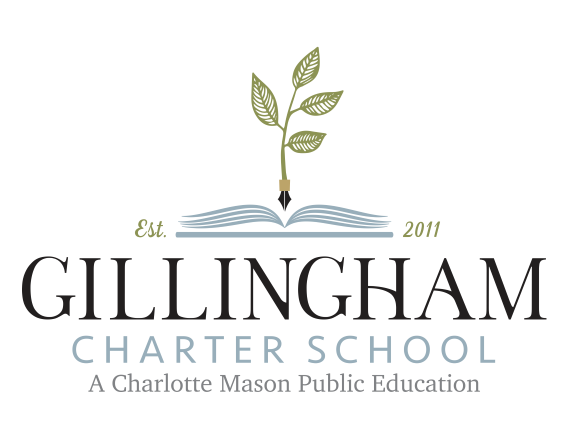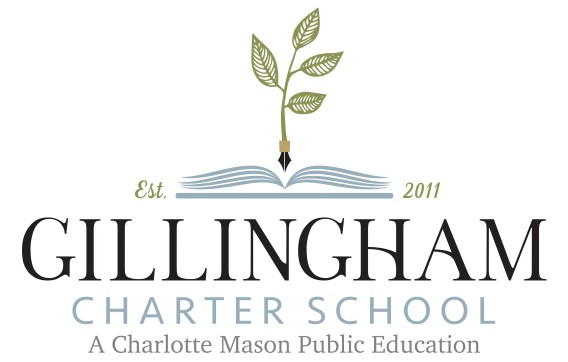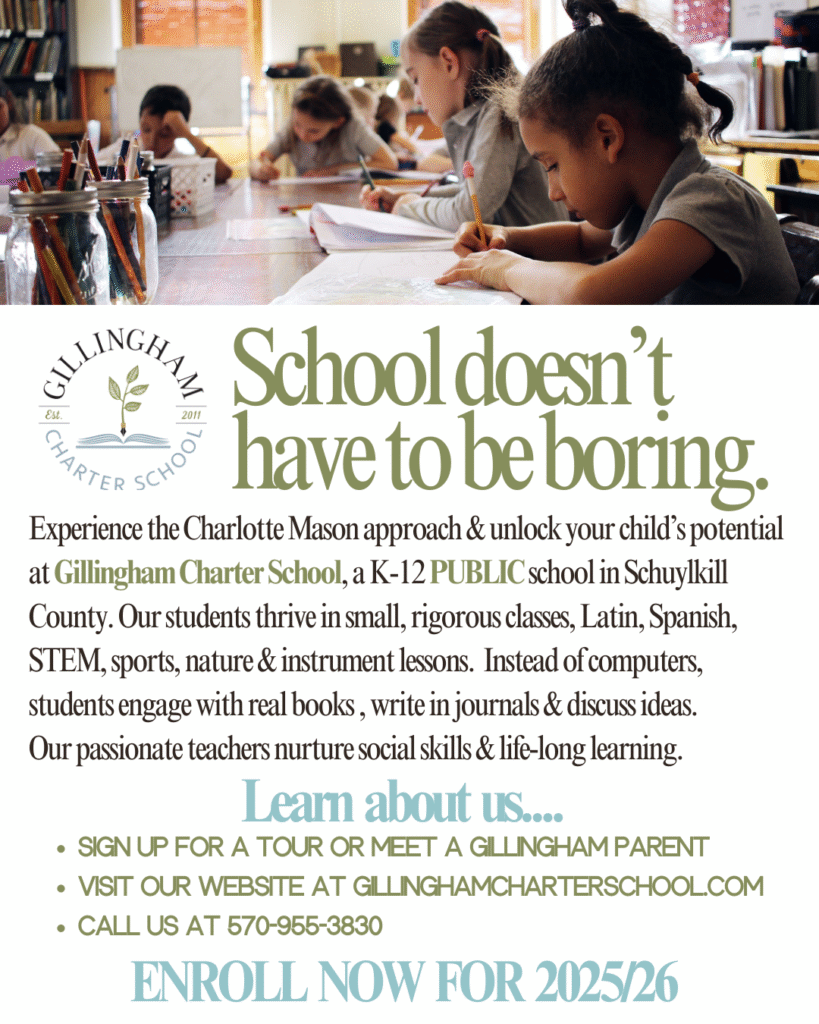The first row is for desktop, and second row is for Tab and Mobile.
You can right click on this text and use Navigator for easy editing. This text message is hidden on all screens using Advanced/responsive tab on left.
Upper School (Grades 9-12)
Career Pathway Resources
Graduation Requirements
As a public Charlotte Mason School, Gillingham has designed a unique syllabus, with a curriculum and schedules, that offers a rich, rigorous and well-rounded learning and growing experience for students.
Gillingham’s credits transfer to other schools. The credits are explained in official transcripts and through a “School Profile,” all of which are sent to high schools and included with applications to trade schools, colleges, apprenticeships, secondary organizations, and schools of higher education. The school’s Director of Education and Career Counselor are always available to assist students and families!
Overview
Graduation Credits
Pennsylvania requires a minimum of 21 credits for high school completion. Gillingham requires certain courses unique to relational education such as Nature Study, Shakespeare, Classical Drawing and Cotillion, and note that these also meet PA’s credit requirements. Below is an outline of the requirements:
Course Credits:
- The Arts | 2 credits | Art, Classical Drawing I & II, Music, Instrument
- English | 4 credits | Literature, Composition, Humanities, Shakespeare
- Instrument | 4 years | student choice; weekly lessons; a music credit
- Language | 4 years | Spanish, Latin, etc.
- Math | 4 credits | Algebra I Keystone Class and other maths (STEM, college or trade paths)
- Nature Study | 4 terms at least one term a year | a science or arts credit
- PE & Health | 1 credit at least one term a year of PE; minimum of 1 term for Health
- Personal Life | 2+ credits Required | Handwork, Internship, Keyboarding, Seminars, Cotillion
- Science | 4 credits | BioChem I & II for Biology Keystone + other courses such as Physics
- Social Sciences | 3 credits | History, Citizenship/Government, Economics, Family Life, Personal Finance
- Test Prep | 1 term | PSAT, SAT, ACT, ASVAB, Keystone Exams
Keystone Exams or Alternative Assessment
Upper School Students are required to take the Keystone state exams one time in Algebra I, English and Biology.
Students of 2022+ are required to pass the Keystones or an alternative state-approved assessment to graduate.
Internship Program
All juniors and seniors at Gillingham are required to take part in the school’s internship program by attending a class, choosing a vocation, and shadowing once a week for one term.
Junior and Senior Seminar
Students are required to participate in two courses that focus on life after high school. The courses include the YES (Your Employability Skills) program, a certificate program in Northeast Pennsylvania that is endorsed by hundreds of Pennsylvania employers from every sector of the economy. Certified students are recognized as preferred applicants by employers, post-secondary education and employer-sponsored training programs. The certificate is optional while the coursework is required to graduate.
Competitive Sport
To graduate, a student must compete in at least one season of a competitive sport that is offered at either Gillingham or at the student’s home district. Students should try to complete this requirement in 9th grade.
Service Hours
Students complete a minimum of 20 hours of community service at school or outside of school, though colleges and universities prefer 120 hours or more. Students use the school’s form to record the hours and return the forms to the Career Counselor.
Unique Courses
Each year while at Gillingham, an upper school student must successfully complete one term of the following courses: nature study, handwork, theater, Shakespeare, art, music, and PE/health. and type 38 words/min.
Instrument Lessons
Students choose an instrument to play and attend lessons once a week every term.
The Arts Credits
Students are required to complete at least Classical Drawing I and II and Kodaly 101.
Senior Privileges
Students who are on track and eligible may enjoy certain privileges per parent and teacher approval.
Transfer Students
Credits from other high schools are accepted and transferred carefully to correlate to our school’s requirements, courses and credits. Since Gillingham offers and requires unique classes, exemptions to Gillingham’s Relational Education requirements are made, under the direction of the Director of Education, per the transfer student’s circumstances and grade as long as the basic 21 credits per PA standards are met.
Portfolio Assessments, Course Rubrics & Traditional Grades
Portfolios involve students in developing & understanding criteria for good work and empower them with critical thinking & self-reflection. Students examine how they succeeded, failed or improved on a task and then set goals for future work. No longer is the learning just about the grade because it focuses on students developing metacognitive skills that will enable them to reflect upon and make adjustments in their learning in school and beyond.” Teachers & students use the Portfolio and the Course Rubrics to determine student mastery, which is recorded on the report card. Teachers also assign a “Letter Grade” that is not visible to the student and parent but available for scholarships, schools of higher education, etc.


